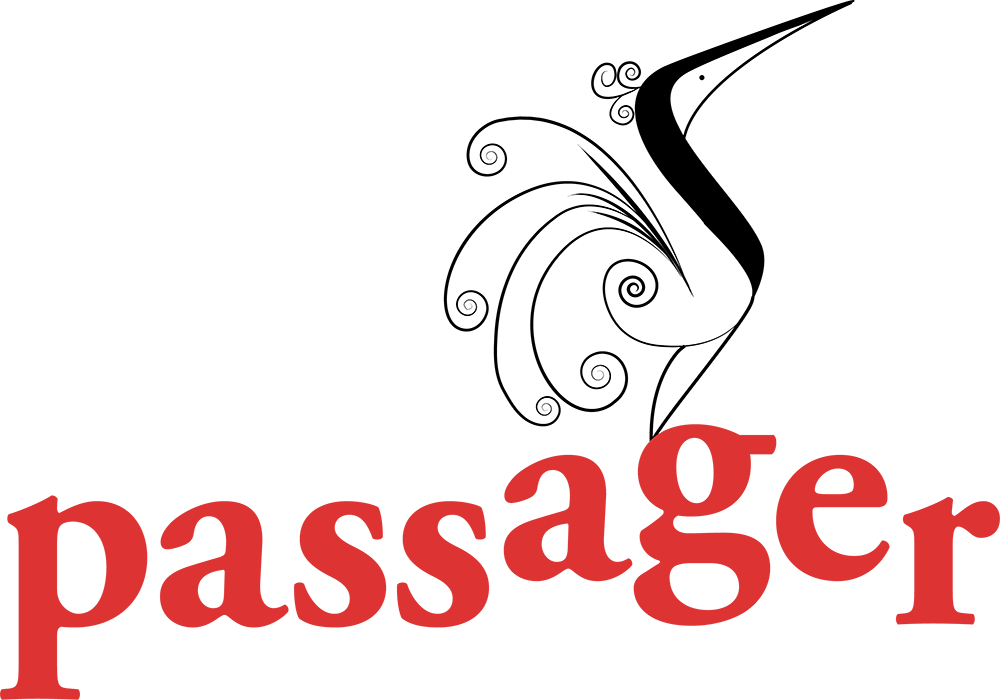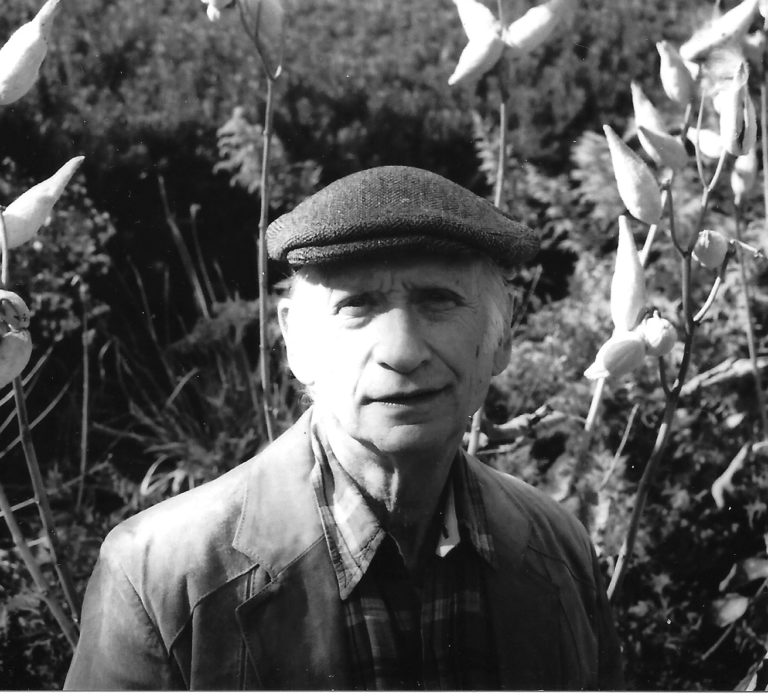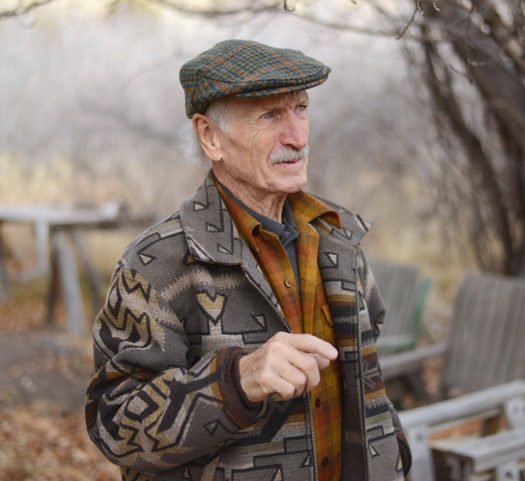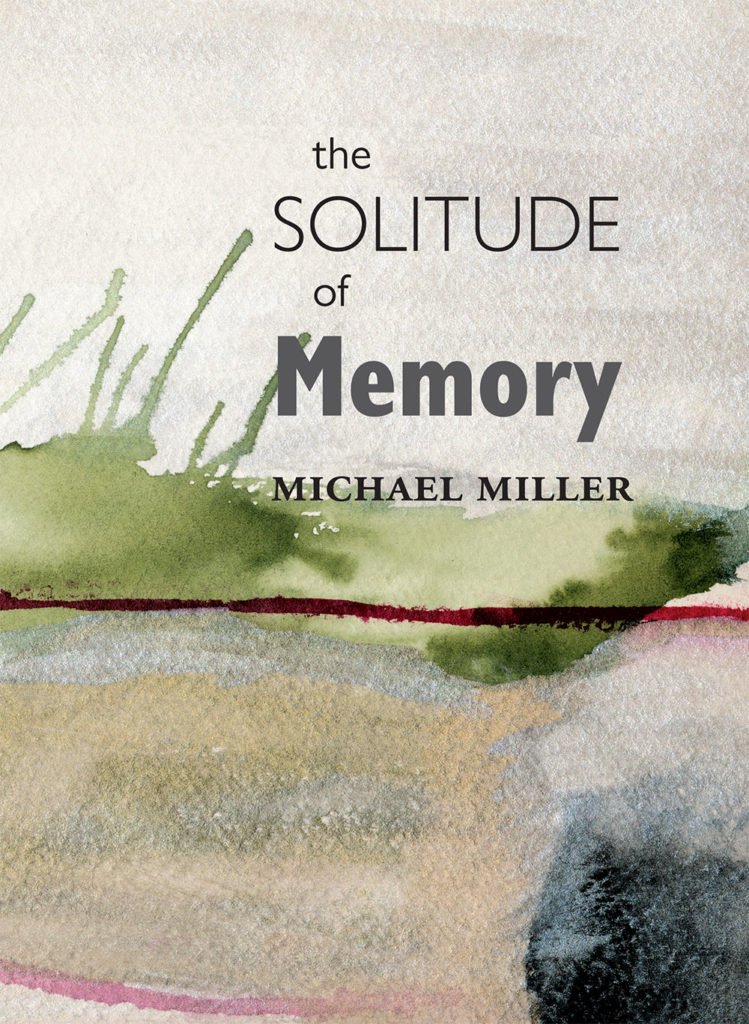Veterans Day

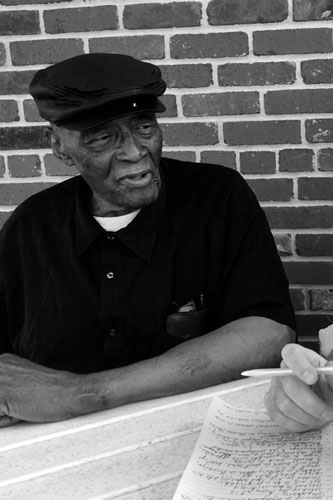



Post-war, with pieces by Charles West, Freddie Lee Wilson & Craig Hukill, David McAleavey and Michael Miller.
6 minutes
TRANSCRIPT
The cease fire with Germany ending World War I went into effect on the 11th hour of the 11th day of the 11th month of 1918. When President Wilson proclaimed November 11, 1919 as Armistice Day, he said, “To us in America, the reflections of Armistice Day will be filled with solemn pride in the heroism of those who died in the country’s service and with gratitude for the victory, both because of the thing from which it has freed us and because of the opportunity it has given America to show her sympathy with peace and justice in the councils of the nations . . .” Armistice Day was renamed Veterans Day in 1954. In 1971, it became one of the Federal government’s “Monday” holidays. On this edition of Burning Bright, some pieces about veterans.
But first, a piece about growing up on military bases. Charles West said he was an Army Brat, raised on various military bases around the world. Here’s an excerpt from his essay “Teaching Edie Haskell to Kill.”
We lived in “forts.” Mothers never worked outside the home. We didn’t live anywhere, we were “stationed.” We didn’t move, we were “transferred.” Our houses were “quarters.” We didn’t go on vacation, we went on “furlough.” We “policed” our rooms. We were “dismissed” from the table. We shopped for food at the “commissary,” for everything else at the PX, the post exchange. We didn’t have cops, we had MPs. If we needed a doctor, we went to the “infirmary,” and the doctor was an officer. When President Kennedy was assassinated, we had a day of mourning for our Commander-in-Chief.
From Passager Issue 54, an excerpt from Charles West’s essay “Teaching Edie Haskell to Kill.”
Craig Hukill spent a lot of time writing down Army vet Freddie Lee Wilson’s story. Here’s an excerpt.
The Germans may have surrendered in May of 1945, but hundreds of English women kept right on fighting – fighting for their Black G.I. boyfriends. That summer, an American commander in Bristol refused to let his Black soldiers say goodbye to their British girlfriends before shipping home. The Brits were peeved. Marching arm-in-arm on the military barracks, they broke down barriers while singing “Don’t Fence Me In,” a popular Cole Porter tune. The Army ignored their pleas, and when the lonely soldiers were later herded onto trains bound for port, the women stormed the railroad’s gates.
“To hell with the U.S. Army color bars,” they shouted. “We want our sweethearts.”
An excerpt from “Rivals for My Affections,” Freddie Lee Wilson as told to Craig Hukill, from Passager Issue 72.
David McAleavey said that his poem “War Games” borrowed its rhymes from poet Ellen Bryant Voigt’s “Kyrie,” that begins, “Once the world had its fill of war.” He said he used her rhymes as the first words rather than the last words of his lines.
War’s card, whenever there’s war, may be played by almost anyone,
stunned mom by the hole which, a neighbor tells us, was her child’s bedroom,
carpooling office workers detouring around bomb scares near their
downtown building, farmer making the hay for beef who’ll feed the troops,
all of us giving government what it wants, any government,
underground operators who snoop and listen, muzzle and tease,
halls where vets pool, patriotic anthems, risk-filled sports reduced to
won-lost tallies to keep us hardened and distracted, robot planes,
war memorials, the lack of them, friendly crowds, no crowds at all.
Peace is one of war’s cards, since even in peace we scheme and struggle.
We’d like more peace, more of the good things, which squeezes the system, and
before long it’s back to the obvious.
To shoot and be shot at,
face whinings down on you or to whump things back, to wear slashes on
sleeves, that’s what the dictionary says war is. Not that words catch it.
David McAleavey’s poem “War Games” from Passager Issue 58.
We’ll end this edition of Burning Bright with Part Two of Michael Miller’s poem “The Young Veteran” from his book The Solitude of Memory.
At six in the morning
He runs five miles
Scanning the leaves
For snipers, the trail
For roadside bombs.
He imagines the vultures
Waiting in the trees,
Their great wings
Flapping slowly
As they descend
To eat the body parts.
He remembers shooting
A dog carrying away
Medina’s arm,
“Survivor’s guilt,”
Said the psychologist
At the VA Medical Center
As he listened
As if waiting for
A bomb to explode.
He had no plans
To hang himself
In his father’s garage.
He was enrolled
At the community college,
Spent his nights
With homework and emails.
His new life was
Another tour of duty,
His first tour
Out of the Marine Corps.
Part Two of Michael Miller’s poem “The Young Veteran.”
To buy Michael Miller’s book The Solitude of Memory, or to subscribe to or learn more about Passager and its commitment to writers over 50, go to passagerbooks.com. You can download Burning Bright from Spotify, Apple and Google Podcasts and various other podcast apps.
For Kendra, Mary, Christine, Rosanne and the rest of the Passager staff, I’m Jon Shorr.
Due to the limitations of online publishing, poems may not appear in their original formatting.
